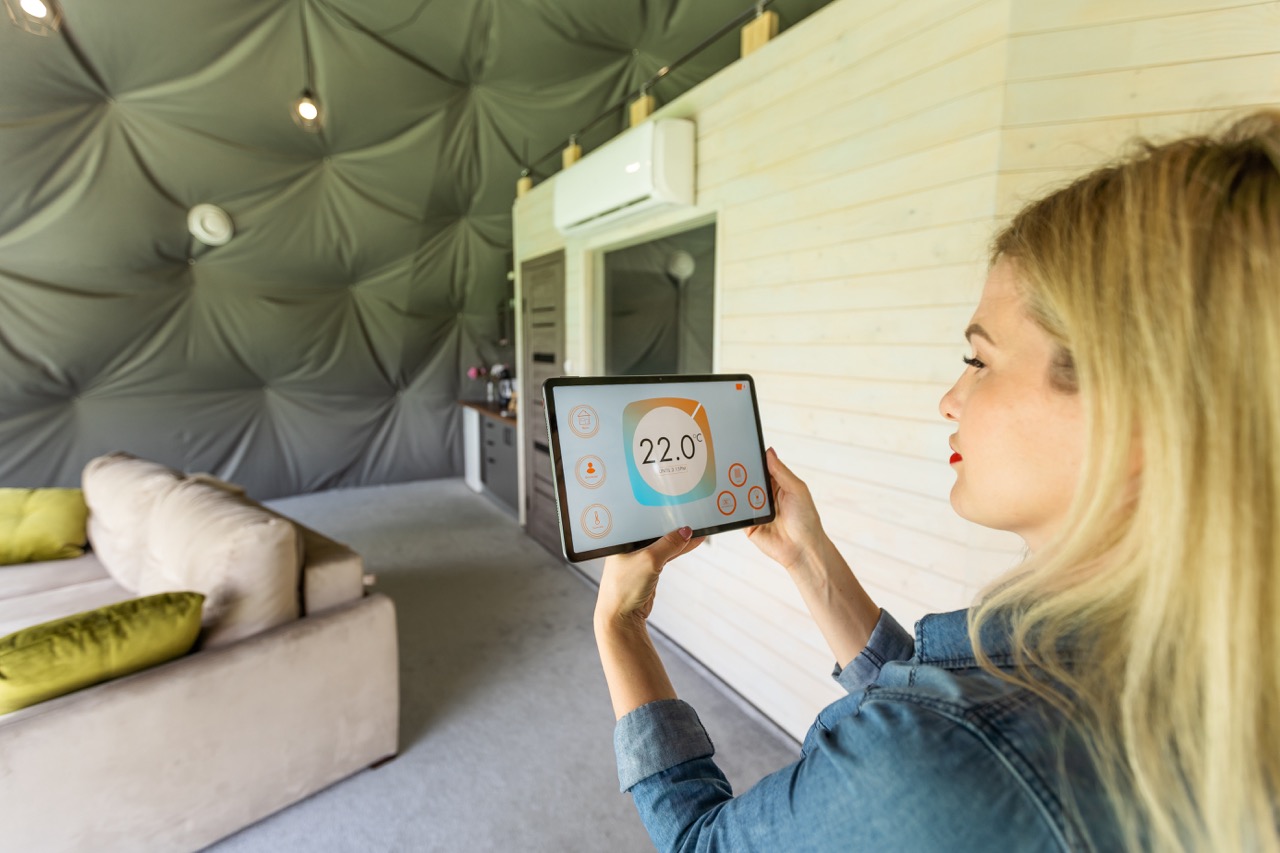In an age where technology infiltrates almost every aspect of our daily lives, even the mundane task of brushing our teeth has seen a futuristic upgrade. Enter the smart toothbrush – a device designed to enhance oral hygiene through advanced features like pressure sensors, timers, and even AI-driven brushing analysis. But amidst the buzz, a critical question arises: Are smart toothbrushes really effective, or are they just another tech gimmick? This article dives deep into the revolution of smart toothbrushes, comparing them to traditional models, considering their cost, and evaluating real user feedback to determine their efficacy and value.
1. Unveiling the Smart Toothbrush Revolution
The smart toothbrush market has exploded in recent years, with numerous companies launching products that promise to revolutionize oral health care. These toothbrushes are equipped with technology that tracks brushing habits, provides feedback on missed spots, and even adjusts the brushing technique to protect gums and remove more plaque. Moreover, many of these devices come with corresponding apps, allowing users to monitor their progress over time and receive tailored dental advice. This integration of technology into everyday hygiene practices represents a significant shift from the traditional concept of tooth brushing, aiming to transform it from a mundane task to an engaging, data-driven activity.
2. Does Advanced Tech Translate to Cleaner Teeth?
While the features of smart toothbrushes sound impressive, the fundamental question remains: do they actually lead to cleaner teeth? Studies suggest that the effectiveness of these devices often depends on individual usage patterns. For instance, the pressure sensors and timers can help users brush more consistently and avoid over-brushing, which can damage enamel and gums. Additionally, real-time feedback and reminders can improve overall dental hygiene by ensuring that all areas of the mouth are adequately cleaned. However, while the technology provides tools for better brushing, the actual improvement in dental health can vary widely among individuals.
3. Comparing Smart vs. Traditional Toothbrushes
When comparing smart toothbrushes to traditional ones, several factors come into play. Traditional toothbrushes rely entirely on the user’s technique and discipline, which can be less effective if the person is not brushing correctly. In contrast, smart toothbrushes guide users through each brushing session, promoting thorough cleaning and helping to develop good oral habits over time. Despite this, some users might find traditional brushes more straightforward and equally effective, especially if they are already diligent about their brushing technique. Thus, the choice between smart and traditional toothbrushes often boils down to personal preference and specific needs.
4. Analyzing the Price: Is It Worth the Investment?
Smart toothbrushes generally come with a higher price tag compared to traditional toothbrushes. The cost can range from moderately expensive to high-end, depending on the brand and features offered. For those who struggle with dental issues, the investment in a smart toothbrush might be justifiable, considering the potential savings from fewer dentist visits and dental treatments. However, for individuals with already good oral hygiene, the benefits might not outweigh the costs. Potential buyers should consider their specific circumstances and whether the advanced features of a smart toothbrush can realistically improve their dental health.
5. User Experiences: Testimonials and Feedback
User feedback on smart toothbrushes tends to vary. Some users praise the devices for transforming their brushing habits and significantly improving their oral health. They appreciate features like the brushing data analysis and personalized feedback, which help them target problem areas. On the other hand, some users find the devices too complicated or feel that the improvements are not substantial enough to justify the cost. Negative reviews often point out issues with device durability and app functionality, suggesting that not all smart toothbrushes meet user expectations.
6. The Verdict: Smart Toothbrushes Under the Lens
In conclusion, smart toothbrushes offer innovative features that can assist in improving oral hygiene, particularly for those who need extra guidance or motivation. They provide valuable insights into brushing habits and promote better dental care practices. However, they are not a one-size-fits-all solution, and their effectiveness can vary from person to person. The decision to invest in a smart toothbrush should be based on individual needs, habits, and budget. For those unsure, consulting with a dental professional might provide additional guidance on whether a smart toothbrush could be beneficial for their specific oral health goals.
The smart toothbrush revolution brings a high-tech twist to traditional oral hygiene, offering tools and data designed to optimize our brushing experience. While they hold promise for improving dental health, the real effectiveness of these devices can vary. Ultimately, whether smart toothbrushes are worth the investment is a personal decision, influenced by individual habits, needs, and values. As we continue to embrace technology in every corner of our lives, perhaps it’s worth considering how much of that technology we want to bring into our bathrooms.










